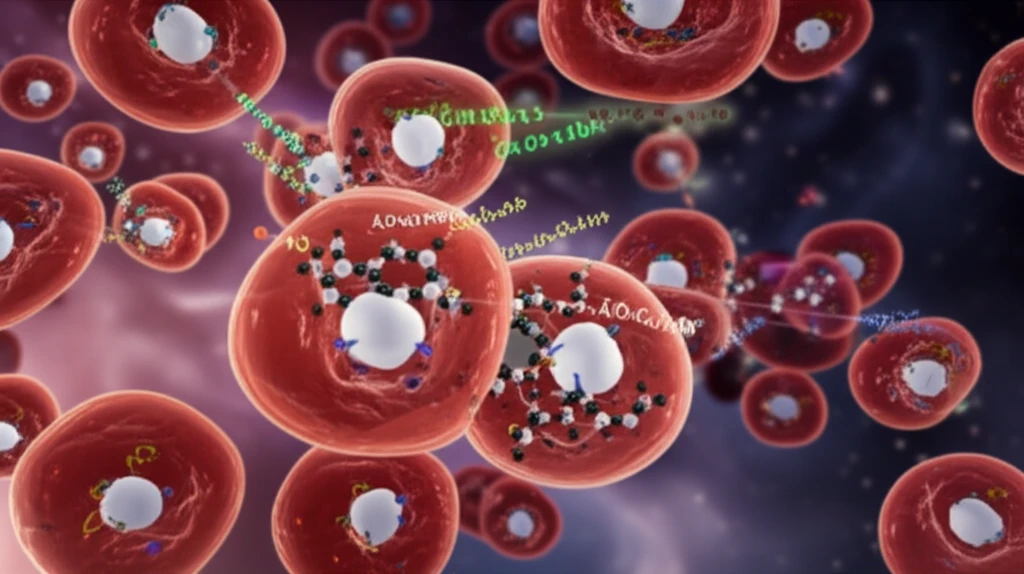
Liver Cancer Breakthrough: Can This New Therapy Halt Tumor Growth?
"Exciting research explores how Auphen and dbcAMP could revolutionize liver cancer treatment by targeting aquaporin regulation."
Hepatocellular carcinoma (HCC), a common type of liver cancer, presents a significant global health challenge. Known for its aggressive nature and limited treatment options, researchers are constantly seeking innovative strategies to combat this disease. Traditional treatments often come with harsh side effects, making the need for targeted therapies more critical than ever.
In a recent study published in the World Journal of Gastroenterology, scientists explored a promising new avenue: the use of Auphen and dibutyryl cAMP (dbcAMP) to regulate the expression of aquaporins (AQPs), proteins that play a crucial role in cancer cell growth and spread. This research sheds light on potential new ways to slow down or even stop liver cancer progression.
This article breaks down the complexities of this groundbreaking study, explaining how Auphen and dbcAMP work, what aquaporins are, and why this research could offer hope for future liver cancer treatments. Designed for a broad audience, we’ll explore the key findings and their implications in an accessible manner.
Aquaporins: The Unsung Heroes (and Villains) in Liver Cancer

Aquaporins (AQPs) are a family of proteins that act as channels, controlling the flow of water and small molecules in and out of cells. While essential for many bodily functions, in cancer cells, AQPs can become problematic. Specifically, AQP3 and AQP9 have been identified as significant players in the development and progression of HCC.
- AQP3: The Accelerator: Often found in higher concentrations in HCC cells, AQP3 promotes cell proliferation, migration, and overall tumor growth. Think of it as a fuel injector, pushing cancer cells to multiply and spread.
- AQP9: The Brake (That Sometimes Fails): Typically found in lower concentrations in HCC, AQP9 usually plays a protective role. However, its reduced presence in cancer cells means the brakes are off, allowing unchecked growth.
Future Directions: What This Means for Liver Cancer Patients
This study provides a promising glimpse into the future of liver cancer treatment. By understanding how Auphen and dbcAMP can regulate aquaporins, researchers are one step closer to developing targeted therapies that can effectively control HCC growth. While more research is needed, these findings offer hope for new and improved treatments that could significantly improve outcomes for liver cancer patients.
